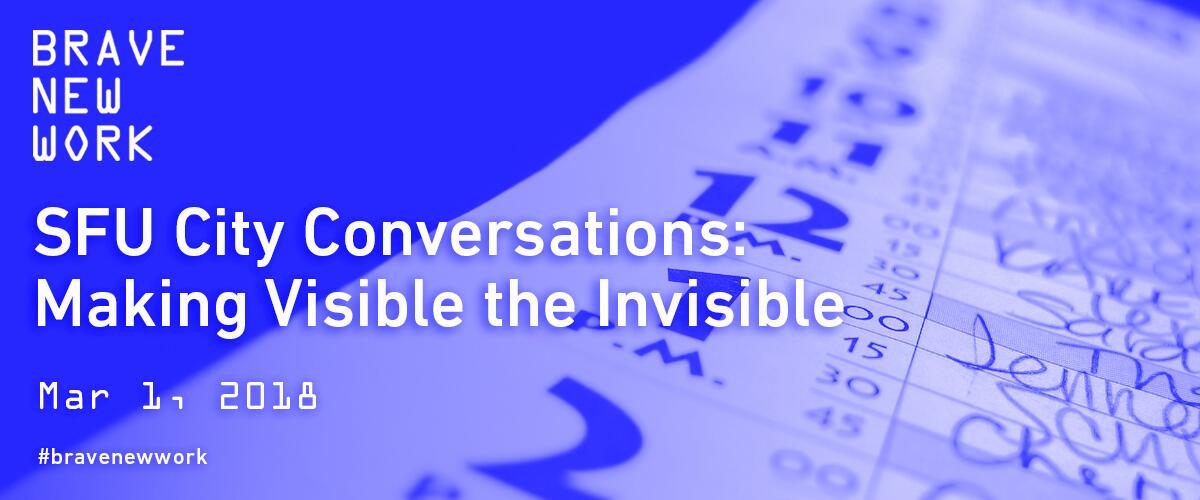
12:30 PM - 01:30 PM
About the event
Are outdated and stereotypical gender roles continuously enforcing systemic issues such as the invisible workload? What is the invisible workload anyway? Today, the mental and emotional impact of invisible labour has moved beyond family duties and continues to pervade even the most diverse and progressive ways of living. Through various forms of structural oppression, such as race, class, age, and (dis)ability, as well as factors such as workplace policies, benefits and expectations, the care economy, immigration laws, and the aging population, among many others, the gaps of inequality continue to widen, often to the disadvantage of marginalized groups. This conversation goes beyond the intersections of gender. Instead, our panelists will delve deep into how the invisible workload and other burdens are systemically and disproportionately impacting some individuals more than others, in their home, their workplace, and their community. Then it’s your turn to pose questions, comments, and observations. Together, we can begin using this as an opportunity to create awareness and go beyond the often outdated notions of gendered work.
Kendra Strauss is an Associate Professor in the Department of Sociology and Anthropology at Simon Fraser University. She is also the Director of The Labour Studies Program and The Morgan Centre for Labour Research. She is a labour geographer and feminist political economist with teaching and research interests in the areas of labour market change, welfare regimes, and systems of regulation. Her work focuses on occupational pensions; precarious work, migration and unfree labour; and on theorizing the relationship between production and social reproduction in contemporary capitalist economies. Before coming to SFU she taught at Birkbeck College (University of London) and held posts at the University of Glasgow and the University of Cambridge, where she was Director of Studies for Geography at Robinson College.

Natalie Drolet
Natalie Drolet joined Migrant Workers Centre as Executive Director – Staff Lawyer in November 2014. Her legal practice focuses on the areas of immigration law and employment law. Natalie has been active in the fields of migration and human rights since 2003 when she worked as a researcher in Thailand for Rights & Democracy. Before joining MWC, she served as the Staff Lawyer for a multilingual access to justice initiative with the South Ottawa Community Legal Services. Prior to this, Natalie worked in Phnom Penh, Cambodia where she managed projects to advance the rights of domestic workers with the Legal Support for Children and Women.
Natalie received her Bachelor of Laws and Bachelor of Civil Law from McGill University in 2009 and her Master of Arts in Immigration and Settlement Studies from Ryerson University in 2005.

Ellen Woodsworth
Ellen Woodsworth is the founder of Women Transforming Cities. She works to make cities work for self identified women and girls by working with self-identified women and girls all over the world from local neighbourhoods to global gatherings like UN Habitat 3.
Ellen is an international speaker and urban consultant on gender and intersectional planning. She is a former Vancouver City Councillor and was their representative on the Executive of Union of B.C. Municipalities, Lower Mainland Treaty Advisory Committee and Alternate at Metro Vancouver. Ellen provides workshops for cities and NGO’s using “Advancing Equity and Inclusion a Guide for Municipalities” endorsed by the Federation of Canadian Municipalities, CCMARD, UNESCO and several universities. In 2016 she spoke at the UN Habitat 3 conferences in Prague and in Quito and at the Smart Sustainable Cities conference in Montevideo, Uruguay as well as participating in the Office of the High Commissioner on Human Rights meeting about the “Right to the City” and housing.
